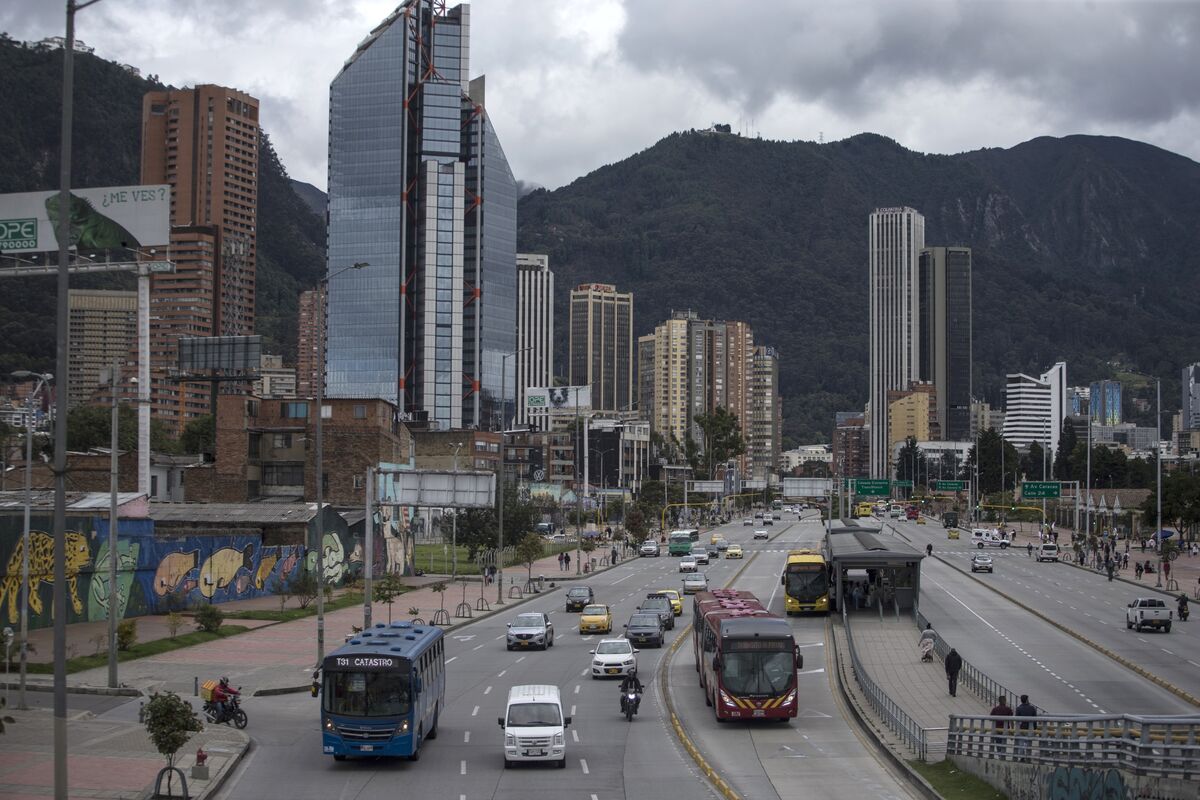Colombia's IMF Credit Line Suspended: Fiscal Concerns
Colombia's recent suspension of its precautionary and liquidity line (PLL) with the International Monetary Fund (IMF) has sent ripples through the financial markets, raising concerns about the country's fiscal health. This unexpected move warrants a closer examination of the underlying reasons, potential consequences, and what it means for Colombia's economic future.
Understanding the IMF's Precautionary and Liquidity Line (PLL)
Before delving into the specifics of Colombia's situation, let's understand the purpose of an IMF PLL. It's essentially a safety net for member countries facing potential balance-of-payments problems. The PLL provides quick access to funds in case of unforeseen economic shocks, preventing a full-blown crisis. It's designed to be precautionary – meaning it's drawn upon only if absolutely necessary – and offers liquidity support to manage short-term financial pressures. Access to a PLL often signals a country's commitment to sound economic policies and fiscal responsibility.
Why Was Colombia's PLL Suspended?
The IMF's decision to suspend Colombia's PLL wasn't arbitrary. It stems from growing concerns surrounding Colombia's fiscal management. While the exact details are subject to ongoing discussion and analysis, several key factors likely contributed to the suspension:
1. Widening Fiscal Deficit:
Colombia's fiscal deficit has been expanding, exceeding the targets agreed upon with the IMF. This means the government is spending more than it's earning through tax revenue, leading to increased borrowing and potentially unsustainable debt levels. This trend is concerning, especially in the face of global economic uncertainties.
2. Uncertain Revenue Projections:
Revenue projections underpinning the government's fiscal plans appear optimistic, according to the IMF. Uncertainties in the global economy and potential downturns could significantly impact tax revenues, further widening the deficit and jeopardizing the government's ability to meet its financial obligations.
3. Concerns about Debt Sustainability:
The combination of a widening fiscal deficit and uncertain revenue streams raises serious questions about the long-term sustainability of Colombia's public debt. A consistently high debt-to-GDP ratio can hinder economic growth and increase vulnerability to external shocks. The IMF likely flagged this as a significant risk.
4. Lack of Fiscal Reform Implementation:
The IMF likely expected Colombia to implement specific fiscal reforms to address these challenges. The lack of sufficient progress in these reforms, which might have included measures to boost revenue collection or control spending, likely triggered the suspension.
Consequences and Potential Impacts
The suspension of the PLL has several potential consequences:
- Increased borrowing costs: Without the IMF's backing, Colombia might find it more expensive to borrow funds on international markets, as lenders perceive a higher risk.
- Currency depreciation: The loss of IMF confidence could lead to a weakening of the Colombian peso, impacting imports and potentially fueling inflation.
- Reduced investor confidence: The suspension could erode investor confidence in the Colombian economy, potentially leading to capital flight and reduced foreign investment.
- Slower economic growth: The combined effects of higher borrowing costs, currency depreciation, and reduced investment could negatively impact Colombia's economic growth trajectory.
What's Next for Colombia?
Colombia needs to address the underlying fiscal concerns that led to the PLL suspension. This requires a comprehensive strategy involving:
- Fiscal Consolidation: Implementing measures to reduce the fiscal deficit, such as enhancing tax collection efficiency, streamlining government spending, and potentially introducing new revenue-generating measures.
- Structural Reforms: Implementing structural reforms to boost long-term economic growth and improve the country's competitiveness. This could include reforms to enhance the business environment, improve infrastructure, and invest in human capital.
- Transparency and Accountability: Improving transparency and accountability in government finances to rebuild confidence with international institutions and investors.
The suspension of Colombia's IMF PLL serves as a wake-up call. The country needs to demonstrate a clear commitment to fiscal discipline and implement credible reforms to restore confidence and ensure its long-term economic stability. The coming months will be crucial in determining how Colombia responds to this challenge and navigates its path towards sustainable economic growth.
